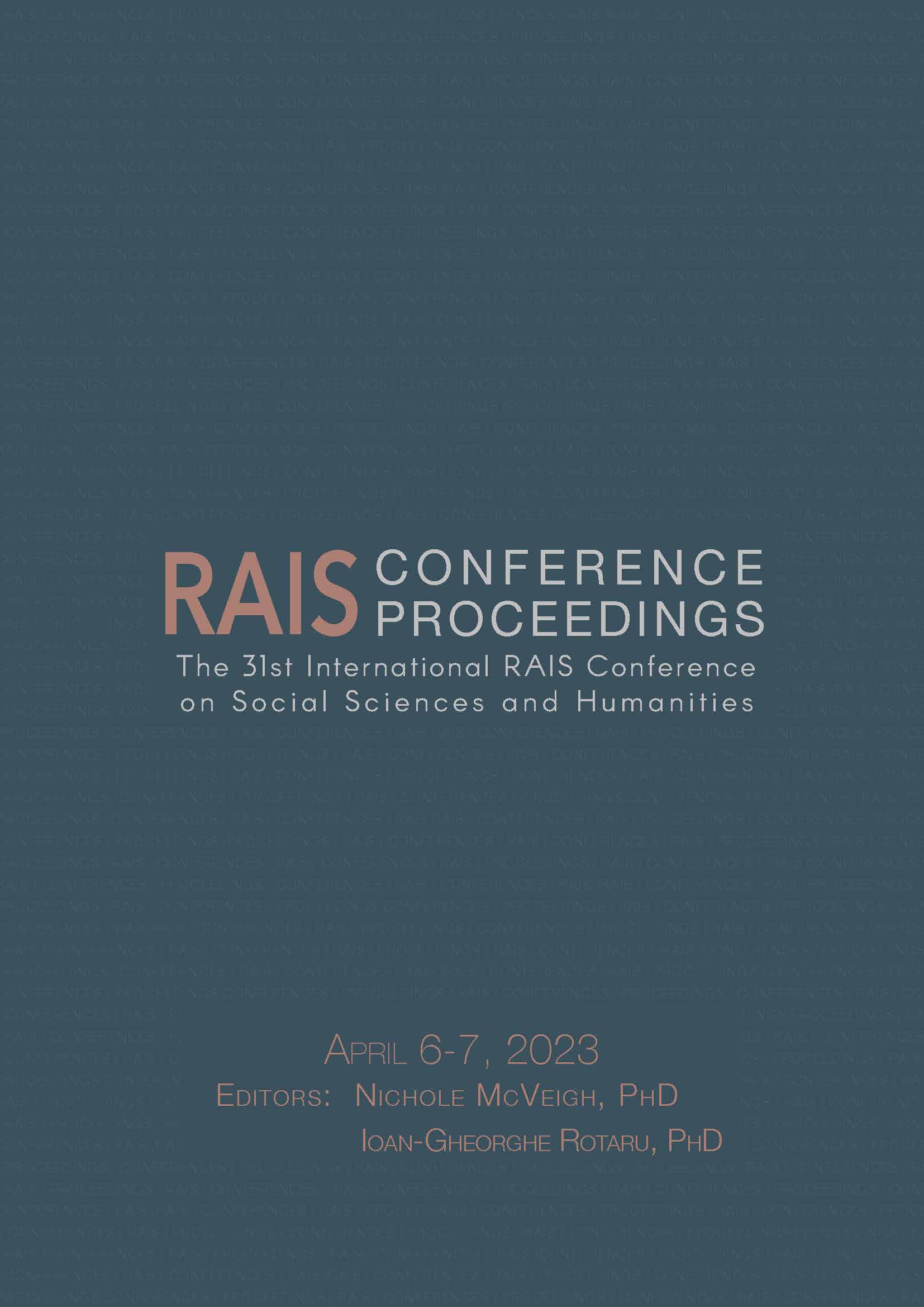On the Downsides of Scientific Leadership: Colleague Amnesia’ and ‘Motivated Forgetting’ to Cite Generators of Ideas in Academia and What to Do about It
On the Downsides of Scientific Leadership: ‘Colleague Amnesia’ and ‘Motivated Forgetting’ to Cite Generators of Ideas in Academia and What to Do about It
Author(s): Julia M. Puaschunder
Subject(s): Adult Education, Higher Education
Published by: Scientia Moralitas Research Institute
Keywords: Cheating; Citation; Colleague Amnesia; Followership; Intercultural Dialogue;
Summary/Abstract: The contemporary scientific discourse and academic promotion hierarchies incentivize leadership. Academic leadership is praised for innovation and groundbreaking insights that advance humankind. Rising stars and leaders-in-the-field in academia are those scientists that tell something new and add to the existing literature a novel finding. The obsession with scientific leadership has its clear merits in promoting innovation and prospering scientific advancements of humankind. This paper, however, debatably introduced the idea that an overall focus on scientific leadership may also crowd out honesty in scientific followership. Obsession with being the first to report fresh ideas may distract from accurate reporting of who initially generated ideas. Scientific innovation bias may lead to willingly neglecting to give proper account of and reference to colleagues’ work. Especially when different disciplinary schools of understanding, language barriers or cultural silos on different continents exist, chances are opening for neglecting a fair reporting of who came up with an idea first. Scientists may use their language skills to soak up ideas in different parts of the world and get inspired by literature from one context, or other culture to transpose the knowledge and introduce it as something new in another research context, school or world without honest giving credit to the actual generator of the idea. This strategy is introduced in this paper as ‘colleague amnesia.’ Colleague amnesia occurs if the actual generator of an idea, effect or trend, who inspired subsequent research, is actively and deliberately ‘forgotten’ to be mentioned or not given fair credit in a reference, citation or acknowledgment in a first-introduction-of-idea publication. ‘Colleague amnesia’ can fuel into a more widespread ‘motivated forgetting’ culture when this behavior is backed by group norms and collective practices of certain scientific fields or research clans. If institutions are knowingly capitalizing on motivated forgetting as a market strategy and institutional designs tolerate and nurture this unethical and inefficient behavior, this turns into ‘research capitalism.’ Lastly, if institutional settings back the ideas reaper for the sake of protecting their community’s overall reputation by the negative destruction of initial ideas generators in order to make victims disappear or weaken their claim of intellectual property, research capitalism turns into ‘research fascism.’ The negative implications of colleague amnesia, motivated forgetting, research capitalism and research fascism to the individual, the scientific collective, institutions but also the larger society are outlined in this paper. Unethical market distortions are not only seen as this kind of implicit light plagiarism. The false crediting of ‘translators’ as innovators and genius leaders-in-the-field breeds dishonesty in academia and discourages honest participants in academia. For the scientific community, colleague amnesia and motivated forgetting imply inefficient replication of ideas and waste of resources and time for discovery. Institutional settings perpetrating cheating individuals discredit all other honest merits and makes institutions vulnerable to being called out. The paper ends with a discussion of potential remedies for colleague amnesia, motivated forgetting, research capitalism and research fascism.
Book: Proceedings of the 31st International RAIS Conference on Social Sciences
- Page Range: 176-182
- Page Count: 7
- Publication Year: 2023
- Language: English
- Content File-PDF

